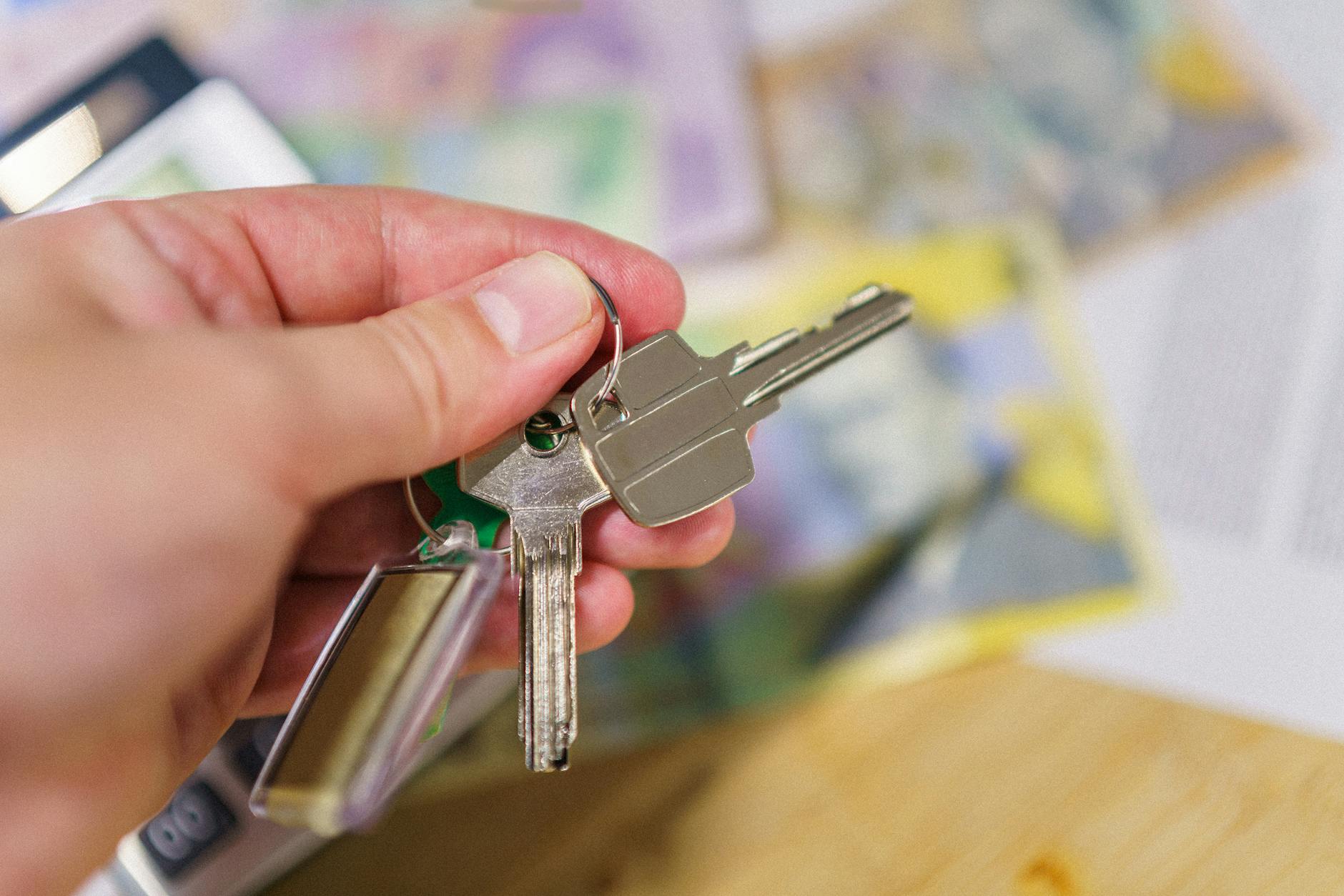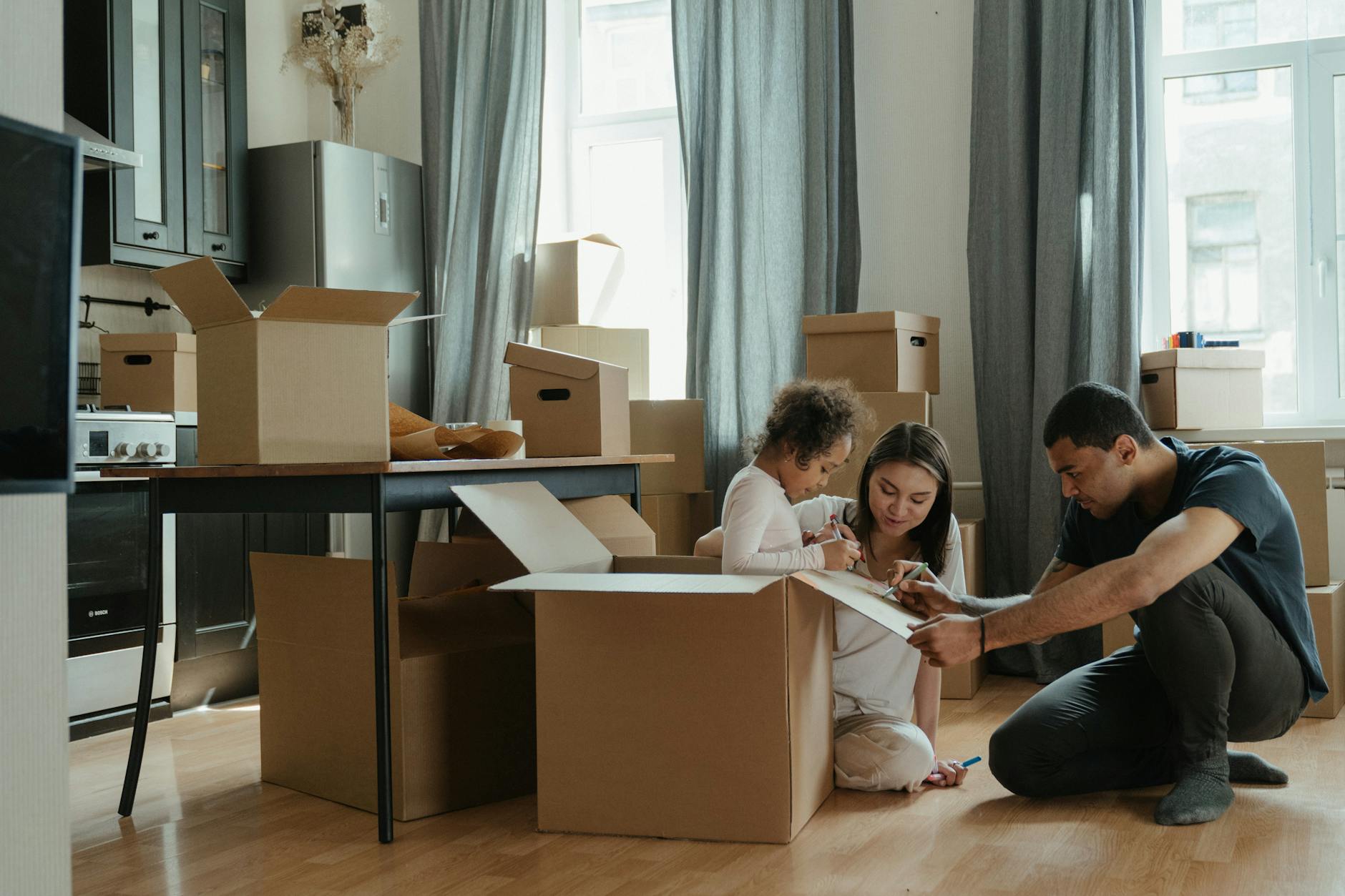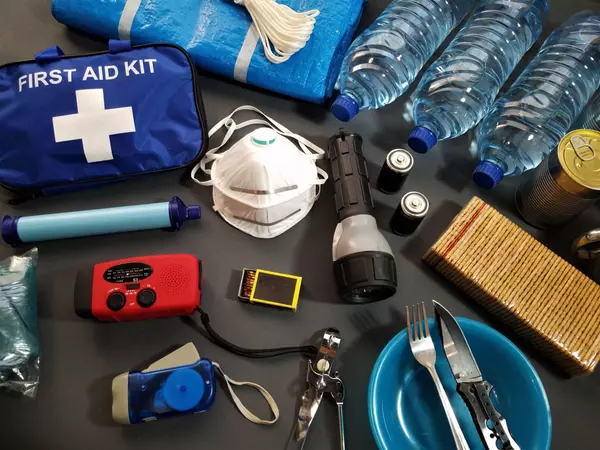How to Buy a House: Steps to Successful Homeownership
How to Buy a House: Steps to Successful Homeownership
Buying a house is an exciting journey, but it often feels like venturing into unknown territory. For first-time buyers and families alike, understanding each step and being financially prepared can make a world of difference. Whether you're exploring family-friendly homes in the Chicago suburbs or relocating, let's break down the process into clear, actionable steps.
Understanding the Home-Buying Journey
The process of buying a house might seem overwhelming at first, but it's perfectly manageable with proper guidance and preparation. Here’s what the path typically looks like.
Defining Your Needs and Budget
Before diving into house hunting, take time to reflect on what you really need. Are you dreaming of a spacious home with a yard for the kids or a low-maintenance condo near public transit? Setting priorities helps you focus during your search.
Next, evaluate how much house you can afford. A handy tool for this is the Mortgage Calculator. It provides insights into monthly payment estimates based on your budget and potential loan terms, helping you target homes within your means.
Getting Pre-Approved for a Mortgage
One of the smartest moves early in the process is getting pre-approved for a mortgage. This step gives you a clear picture of your borrowing capacity and strengthens your position as a buyer. Lenders will typically ask for proof of income, tax returns, and credit history. Being prepared to present these documents can streamline the process and offer you peace of mind.
Choosing the Right Chicagoland Realtor
Navigating the local real estate market becomes much simpler when you work with an expert like a Chicagoland Realtor. Their familiarity with family-friendly homes in Chicago suburbs ensures you find a property that fits your lifestyle and aspirations. Building a relationship with someone you can trust adds value far beyond transaction logistics.
 Photo by MART PRODUCTION
Photo by MART PRODUCTION
Finding the Ideal Neighborhood
The Chicago suburbs offer a variety of neighborhoods catering to families, professionals, and retirees. When choosing where to live, consider the quality of local schools, nearby amenities like parks and grocery stores, and commute times. A great community, such as Naperville or Orland Park, can significantly enhance your quality of life.
For insights about current market conditions in these areas, you might find the Navigating the Fall Real Estate Market blog helpful.
Negotiating and Finalizing the Purchase
Once you've found your dream home, it's time to shift attention to making the offer, negotiating terms, and successfully closing the deal.
Making an Offer and Negotiation Tactics
The real estate market in Chicago has its own pulse, and being competitive without overstepping your budget is key. Your realtor will guide you through crafting an attractive yet practical offer, factoring in things like property demand and recent neighborhood sales.
Understanding Home Inspections and Appraisals
Before sealing the deal, a home inspection is non-negotiable. This process identifies potential red flags, such as structural damage or outdated electrical systems. An appraisal follows, ensuring the home’s value aligns with the agreed-upon price, which can impact your mortgage terms.
Closing the Deal and Getting the Keys
The final step includes completing the legal paperwork, transferring payments, and going through closing costs. On closing day, you’ll sign the paperwork, pay related fees, and finally receive the keys to your new home. The timeline varies but typically takes 30-60 days from offer acceptance.
Preparing Financially for Homeownership
Owning a home isn’t just about the purchase price. Several financial considerations come into play.
Figuring Out the Down Payment
Most buyers aim for a down payment between 3% and 20% of the home’s value. Use the Mortgage Calculator to compare how different down payment amounts affect monthly expenses. If your savings fall short, certain loan programs might help.
Budgeting for Hidden Costs
From property taxes to homeowner’s insurance and HOA fees, the costs can add up quickly. Remember to also budget for utilities, landscaping, and ongoing maintenance—these all contribute to the total cost of homeownership.
Building an Emergency Fund
Life is unpredictable, and owning a home means being prepared for the unexpected, whether it’s a roof repair or an appliance replacement. Setting aside three to six months' worth of expenses in an emergency fund ensures you’re financially secure no matter what.
Conclusion
Buying a house is an incredible milestone, especially when done with careful preparation and a supportive guide by your side. Whether you’re relocating to the Chicago suburbs or looking for a change that fits your family's growth, having the right information and trusted partners makes all the difference. Remember, a Chicagoland Realtor can help you turn your dream into a reality, providing clarity and confidence from day one.
If you're curious about market trends or looking for recently sold homes for inspiration, explore the Recently Sold Listings page. Homeownership is not just a financial decision but one that sets the stage for your family’s future.
Building Better Lives, One Home at a Time.
Categories
Recent Posts











